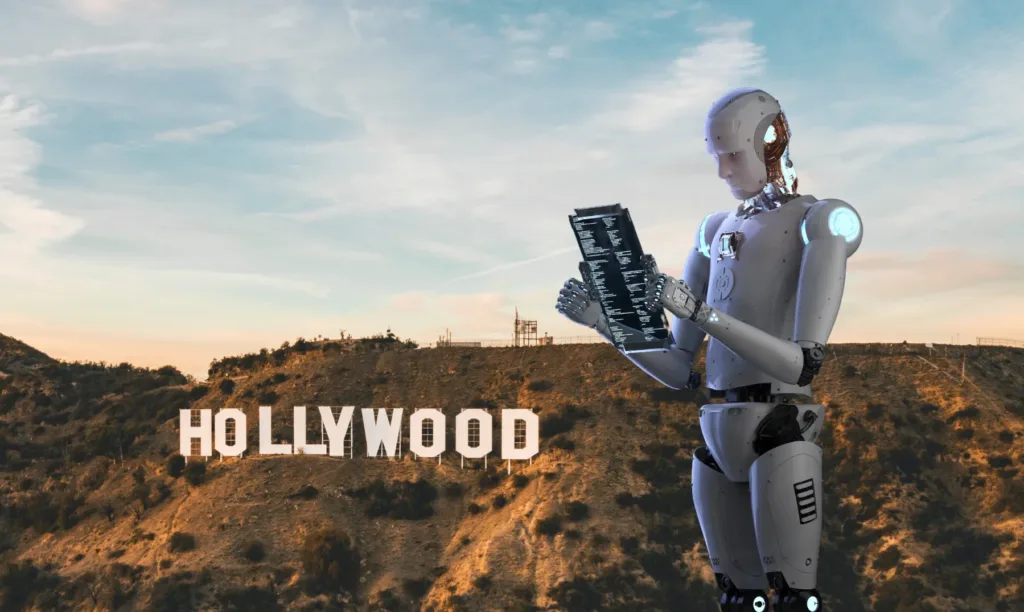A Hong Kong study released this spring shows 18 of 23 mainland Chinese screenwriters surveyed use tools such as ChatGPT and Midjourney to spark ideas, generate character backstories or visualise settings, describing AI as “a way to prepare for future changes” rather than a replacement for creativity. Lead author Yuying Tang said most participants were “positive, even though some will have concerns about the replacement of their jobs.”
Their openness contrasts sharply with Hollywood’s guarded posture. The Writers Guild of America’s 2023 contract bars studios from crediting AI as a writer and prevents machine-generated text from undermining human screenwriters’ rights, while allowing individual writers to use AI only with company consent. An Associated Press analysis of the strike settlement noted the provisions were hailed as an early benchmark for creative-sector labour talks worldwide.
Union caution persists beyond film and television. SAG-AFTRA’s tentative deal to end a nearly year-long video-game performers’ strike also centres on AI safeguards for voices and digital likenesses, reflecting the same anxieties scriptwriters expressed two years earlier. Meanwhile the guild continues separate negotiations over “historic digital replica” protections in its main 2023 agreement.
Studios, however, are experimenting at the edges. Disney formed an internal AI task force last year to cut production costs and explore new storytelling tools, with chief executive Bob Iger calling the technology “the most powerful” the company has seen.
OpenAI’s video engine Sora, demonstrated in 2024, fuelled industry speculation that text-to-video systems could compress development timelines still further. Start-up Staircase Studio, launched in April, aims to release seven fully computer-generated features annually while paying WGA-signatory writers and union actors at standard rates, positioning itself as proof that “human-centric” AI workflows are viable.
China’s head-start may widen. Xinhua reports that local studios already deploy generative models across script, pre-visualisation and post-production pipelines, citing government support for “AI film laboratories.” TechWire Asia adds that domestic vendors are racing to commercialise tailored screenwriting engines despite lingering quality issues.
Brookings analysts argue Hollywood’s labour accords have set a global precedent but could slow adoption if U.S. studios remain wary of breaching new rules. For now the creative arms race hinges less on algorithms than on how—and where—writers are allowed to wield them.
